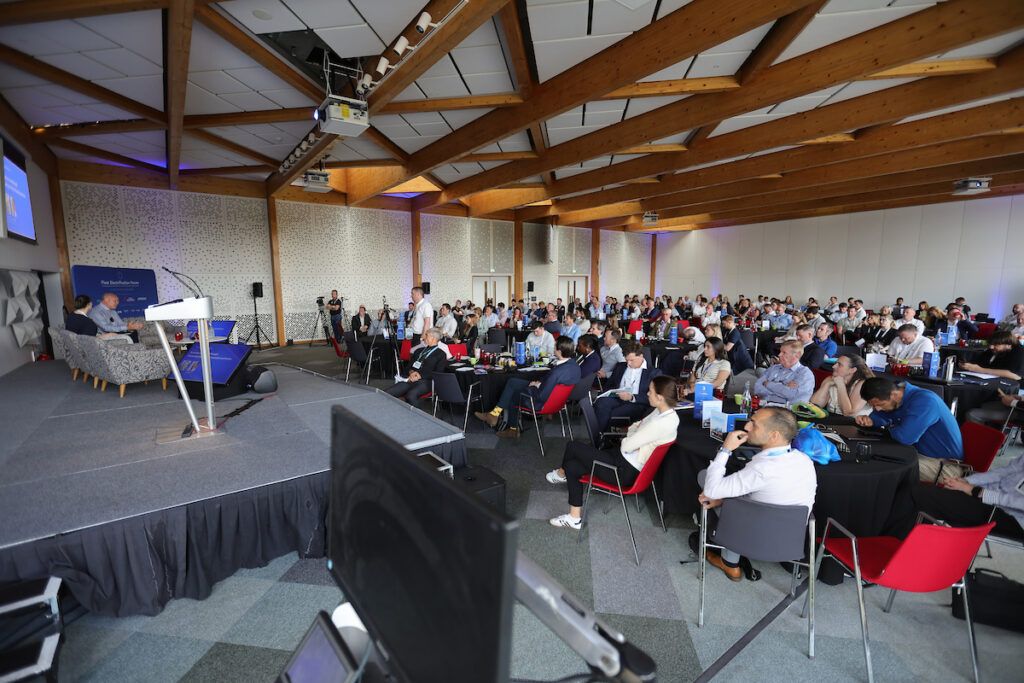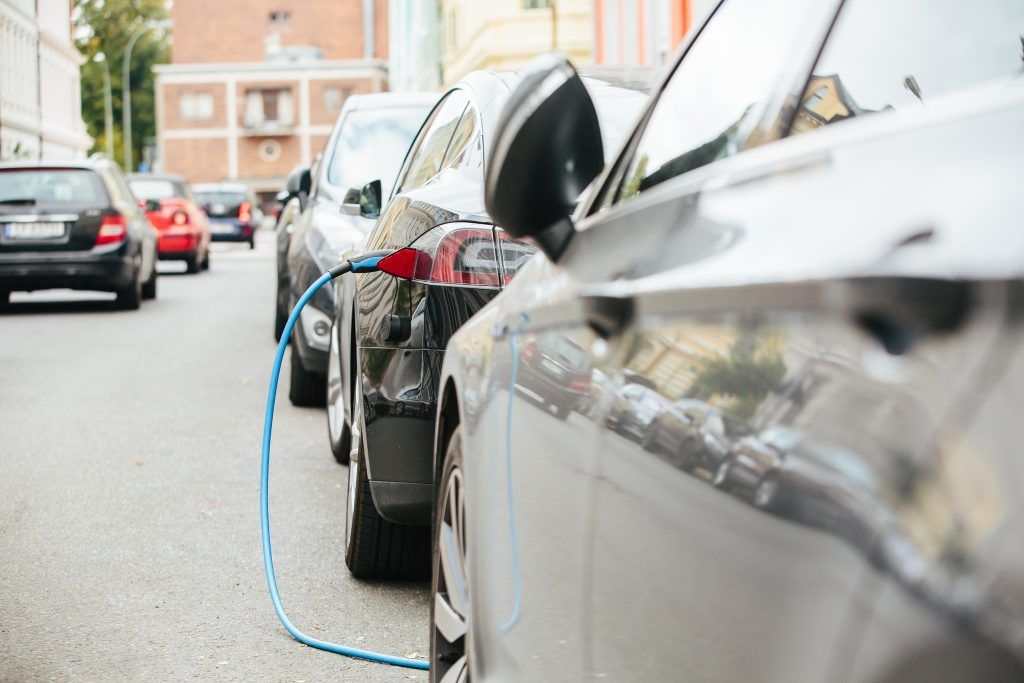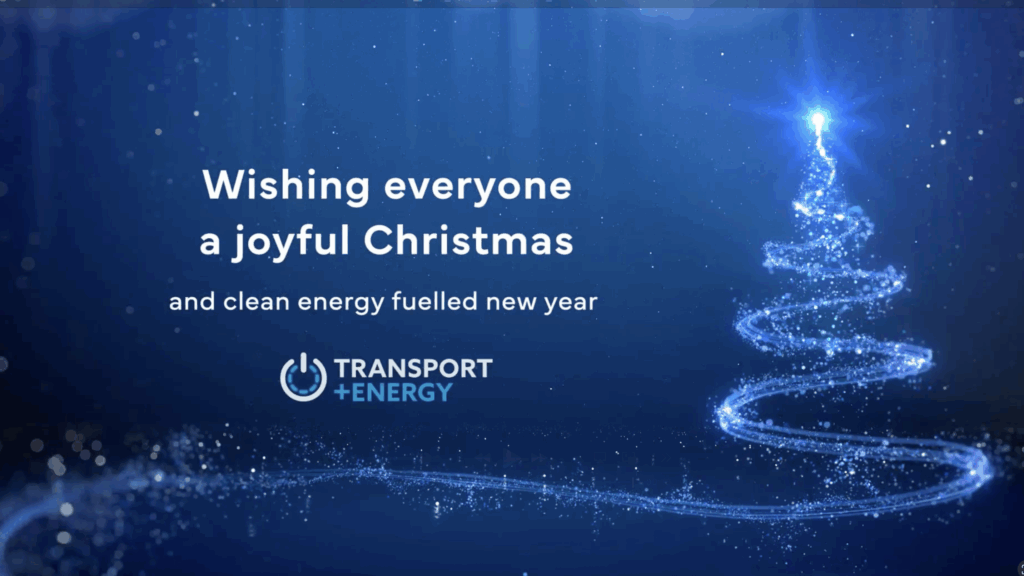Energy and AI research institute Centre for Net Zero (CNZ) has shown savings from AI-managed electric vehicle (EV) charging following a trial.
The project involved households accepting automated charging, which shifted energy use toward times when electricity is cheap and abundant – and received direct bill savings as a result.
It discovered that such charging can bring down electricity bills by up to £650. Peak household electricity use dropped by 42%, with the entirety of EV demand shifted to off-peak hours.
Automation was highly accepted by drivers, with 97.7% of total electricity consumption optimised by the AI-managed tariff, while more than half of households never used manual overrides of AI controls.
85% of customers who switched to the tariff remained on it for the 12-month trial period. Users said they were unlikely to switch away from well-designed default options that deliver convenience and savings.
Participants had not previously been enrolled in any smart tariffs, creating a sample of ‘harder-to-reach’ customers with limited engagement with energy solutions – which could be more representative of future adopters.
The four groups selected received an email encouraging enrolment in Intelligent Octopus Go, which dynamically controls EV charging based on wholesale electricity prices and ancillary markets – while respecting user preferences for battery charge levels and departure time.
All the groups received different levels of financial incentive for three monthsm bringing in customers with different willingness to adopt the tariff, ensuring a more diverse set of participants.
Informed by the trial’s findings, CNZ also makes specific recommendations to policymakers and industry leaders, including reforming electricity market signals, lower non-energy charges on bills, introducing more dynamic network charges, and target engagement for tariff-switching.
Lucy Yu, CEO of Centre for Net Zero, said:
“This trial confirms that AI has the potential to make our energy systems work better for everyone,” said “Through automation and smart technology, consumers can optimise their electricity use, saving on bills without sacrificing on comfort.
“Rather than adding pressure to the grid at peak times – which is often when we are most reliant on higher-cost fossil fuels – households can make the most of cheaper, greener power. The implications stretch beyond electric vehicles: consumers can be rewarded for aligning energy-intensive tasks with high renewable production, integrating clean power more effectively and saving on system costs.”
Professor Robert Metcalfe, Chief Economist at Centre for Net Zero and Professor at Columbia University School of International and Public Affairs, said:
“The electrification of transport is central to efforts to bring down the UK’s carbon emissions. But we need to effectively manage that additional demand from EV charging, or risk putting further strain on the grid, which consumers would bear the brunt of.
“This research shows that targeted incentives and automation can reduce the need for costly power generation at peak times. At scale, this could help bring down bills, make better use of renewables to meet surges in demand, and reduce the need for costly system upgrades.”
Image from Shutterstock







